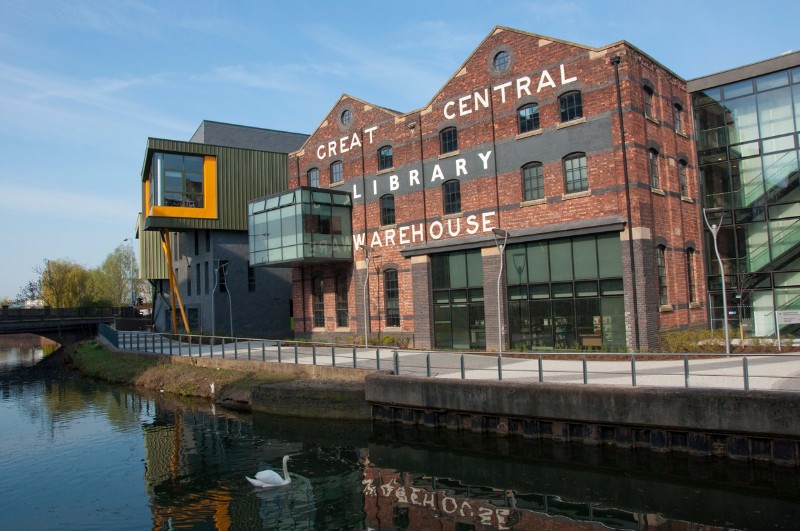The degree Read more [...]
Science and Environmental Journalism
Course Category: Master and Master of Arts
-
Focus of Study
There is demand for qualified science journalists who can report on issues such as health or the environment accurately and succinctly. You will learn how to take scientific news and turn it into engaging stories, without resorting to sensationalism or technical jargon.
There are opportunities for you to work on community radio, student
newspapers and magazines and to participate in our professional placement scheme. Students have worked for BBC Focus magazine, New Scientist and the Vegan Society.You will hear from leading names in the journalism industry. Previous speakers include Channel 4 science editor Tom Clarke, naturalist and broadcaster Chris Packham and Sense About Science founder Lord Taverne.
Course Description
Key research areas
- Law and Institutions
- Science and Communication
- Specialist Science Reporting and Production
- Research and Professional Placement
- Ethics in Science and Environmental Journalism.
Study will be a blend of practical workshops, lectures and seminars. Assessments are a mixture of essays, presentations, portfolios of journalism, broadcast media packages and timed examinations. There is an integral work placement which is both built into the course and assessed.
Modules
Core Broadcast (Science)
Students will learn the key skills to become broadcast journalists and adapt those skills to their specialist field. This module allows students to experience first hand the differences between the broadcasting and print mediums in an increasingly ‘converged’ media landscape. Radio production provides an excellent means of improving verbal communication skills for all involved.
Core Writing (Science)
Students will learn the key skills required to write as journalists and then focus those skills in science journalism. The module offers an essential introduction to reporting, researching, interviewing, news values and news writing necessary for employment in all areas of the profession.
Ethics in Science and Environmental Journalism
This module follows on from the Law and Journalism and Society modules in Semester A to provide more in-depth reflection on philosophical issues and an opportunity for students to consider more fully the kind of dilemmas that they are likely to encounter as working journalist.
Law and Institutions (Science)
All aspects of law relating to the media with some focus on issues in science. This challenging module uses real case studies and up to date research to provide students with an understanding of the framework within which the industry operates, and the ethical dilemmas involved.
MA Journalism – Final Project or Dissertation
Dissertation, portfolio of articles, radio documentary, chapters for a book or webpages.
Students spend the final semester during the summer on self-directed learning, having already decided on the form of media product that they will produce. Each person is allocated their own tutor for support and guidance. This final project provides an opportunity to research and make an in-depth study of the student’s chosen subject. Whatever the platform for delivery, this is a challenging piece of long-form journalism that will attract the interest of future employers and prove that the student can achieve a truly high standard, reflective investigation and product at Masters level.
For those students who choose to stay on to study for a higher research degree, a dissertation provides the ultimate evidence of their ability.
Research and Professional Placement
You will be able to take up a work placement in one or several different media organisations of your choice and receive prior guidance, together with career advice. Tutors will help with research of the employment market, arrange international, national or local work placements and support students as they build their individual career profile, CV and work experience.
This module also provides methodological understanding, support and advice on the final project. You will then prepare a presentation and a written proposal for a dissertation, a documentary project, or a portfolio of articles.
Specialist Science Reporting and Production
In this module students decide on a specialist subject area, study the nature of correspondents’ work in their chosen field, and also prepare longer ‘feature’ pieces aimed at specifically targeted audiences. Writing and research skills are relevant to all media platforms.
Career and Personal Development
You will be prepared for a career in print, digital or broadcast science journalism, or in scientific communications. Recent graduates are now working for the BBC, Nissan UK, The Scotsman, Computer Shopper, Motor Sport and Current Conservation magazines.
There is a core module, Research and Professional Development, which is designed to support and prepare you for a career in science and environmental journalism, or in the field of science communication.

